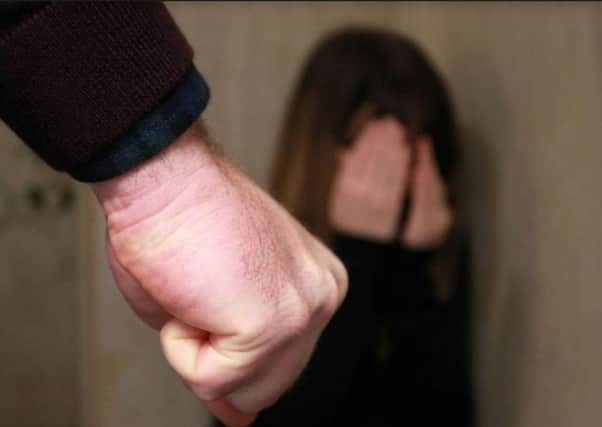Julia Mulligan column: Domestic abuse hides in North Yorkshire


Indeed, these are a few of the many reasons why we love North Yorkshire so much. However, the gentile surroundings of our towns and countryside can occasionally mask more serious problems.
Domestic abuse is often a hidden crime no matter where it takes place but new figures from the National Rural Crime Network (NRCN) suggest it is even more so in our rural areas.
Advertisement
Hide AdAdvertisement
Hide AdFollowing feedback from people in North Yorkshire and an overview of the numbers of incidents per head of population, as Chair of the NRCN, I decided to ask for further research on the issue. Initial analysis suggests that there are two issues.
Firstly, there appears to be lower reporting levels in rural areas - indeed about half the number of incidents per head of population.
This follows the trends identified in the NRCN’s rural crime survey two years ago.
Secondly, the severity of abuse appears to be more serious in rural areas.
Advertisement
Hide AdAdvertisement
Hide AdWhat I mean by that is the longer the abuse goes on for before the police can intervene, or anyone else for that matter, the more serious that abuse is likely to become.
We cannot stand by and let that happen.
The national statistics on domestic abuse are unsettling:
Two women are killed every week in England and Wales by a current or former partner – that equates to one woman every three days (ONS 2015)
Twenty-five per cent of children in the UK have been exposed to domestic abuse (NSPCC 2011).
I’ve always felt that domestic abuse is not a rural nor urban crime. It is rather, a social crime that causes real harm to individuals and families in our area. And it can happen anywhere.
So, why is reporting so low in rural areas?
Advertisement
Hide AdAdvertisement
Hide AdA number of reasons - being isolated appears to be the biggest factor. Isolation from friends and family means that support networks aren’t always available.
Being remote means there may not be witnesses to see the abuse. Also access to support services like the
Independent Domestic Abuse Services (IDAS) can be very difficult.
When I was elected as the Police and Crime Commissioner for North Yorkshire, I pledged to raise awareness of domestic abuse and tackle violence against women and girls.
Advertisement
Hide AdAdvertisement
Hide AdDomestic Abuse is a crime that can have a devastating impact, not only on the victim, but their family too.
And that’s why I support and commission a range of projects by IDAS—a charity that aims to help people recognise abuse and encourages potential victims to come forward for support and information.
Since coming to office in 2012, I have more than tripled the funding in place to help victims of domestic and sexual abuse, which has led to an increase in the number of independent sexual and domestic violence advisors (IDVAs and ISVAs) working in North Yorkshire from 4 to 14.
ISVAs directly support victims through the criminal justice process and play a huge part in securing conviction rates in North Yorkshire, which are now among the highest in the country.
Advertisement
Hide AdAdvertisement
Hide AdThe latest project that I have commissioned is the IDAS Champions scheme, a campaign aimed at recruiting volunteers who will reach out to people in rural areas, helping to change attitudes about domestic abuse.
The important thing now is that help is out there, and that we are trying to make it accessible to all, and support services are improving, which means that many more victims can get support when it is most needed.
I urge anyone suffering in silence to contact IDAS where you can receive professional support at any time of the day on 03000 110 110.